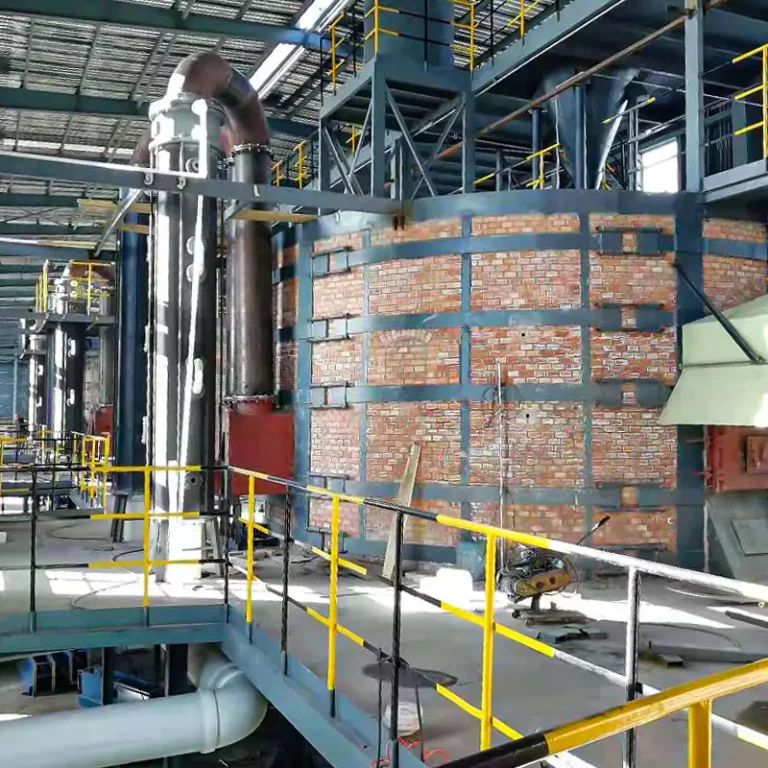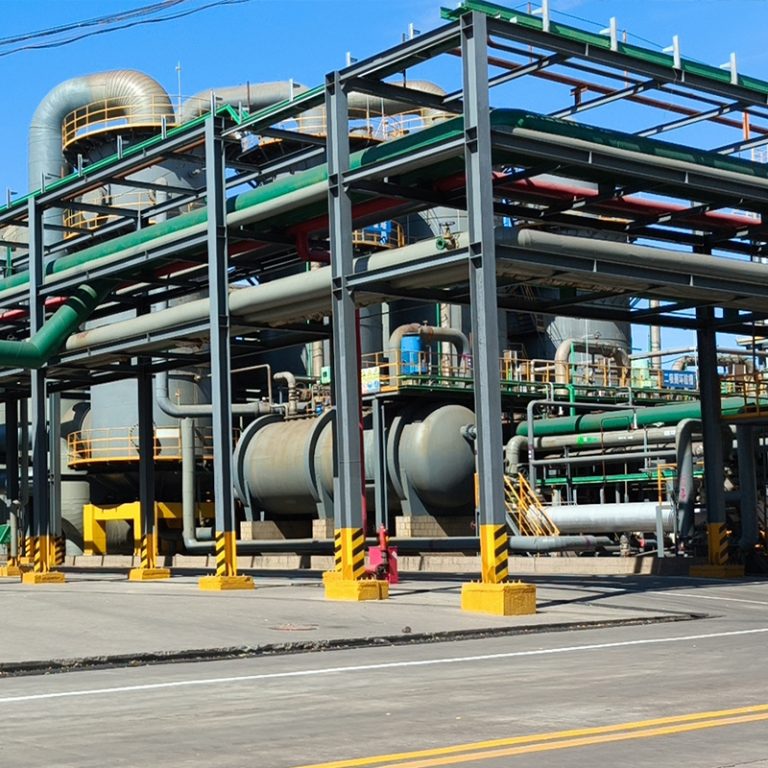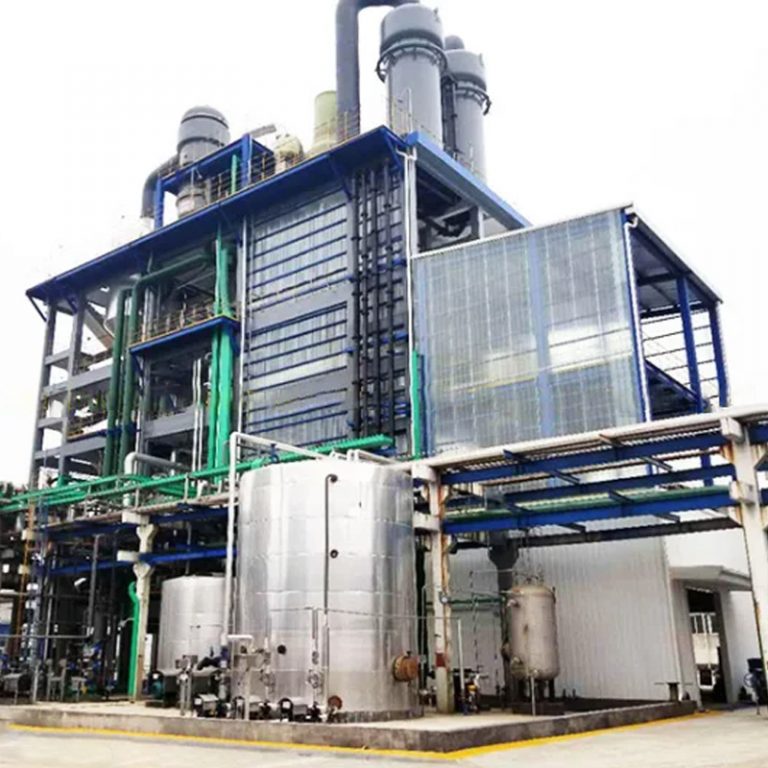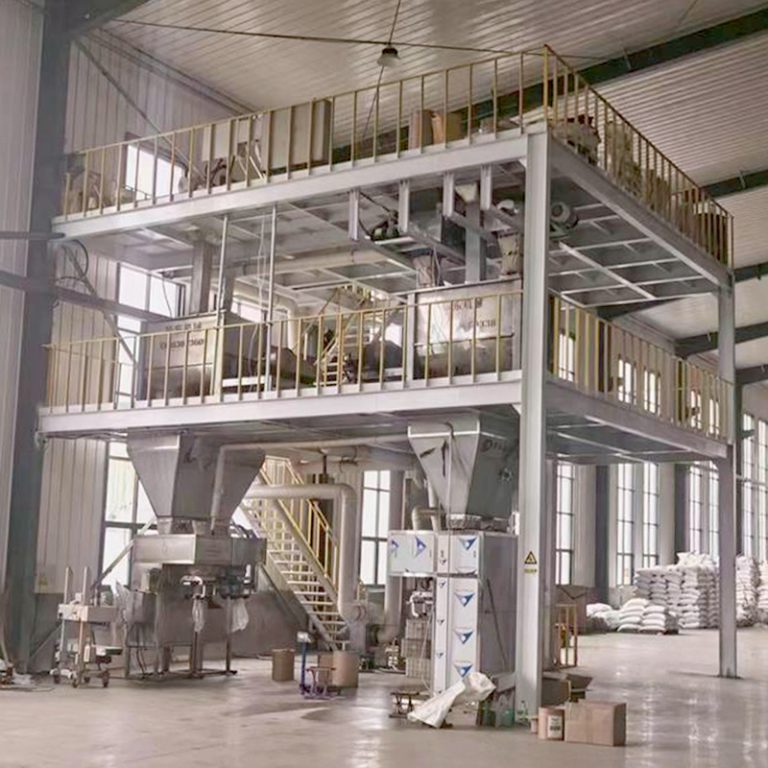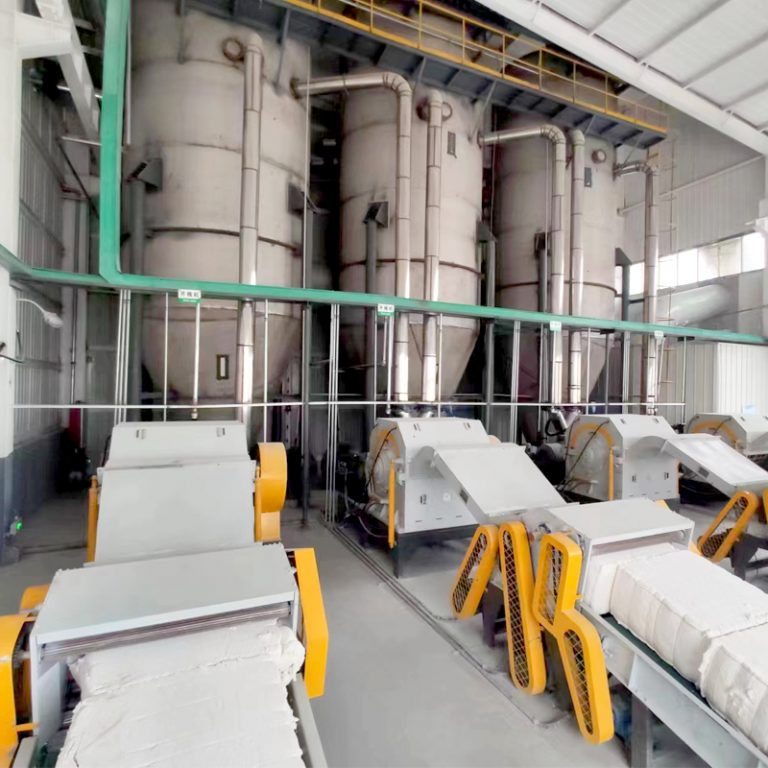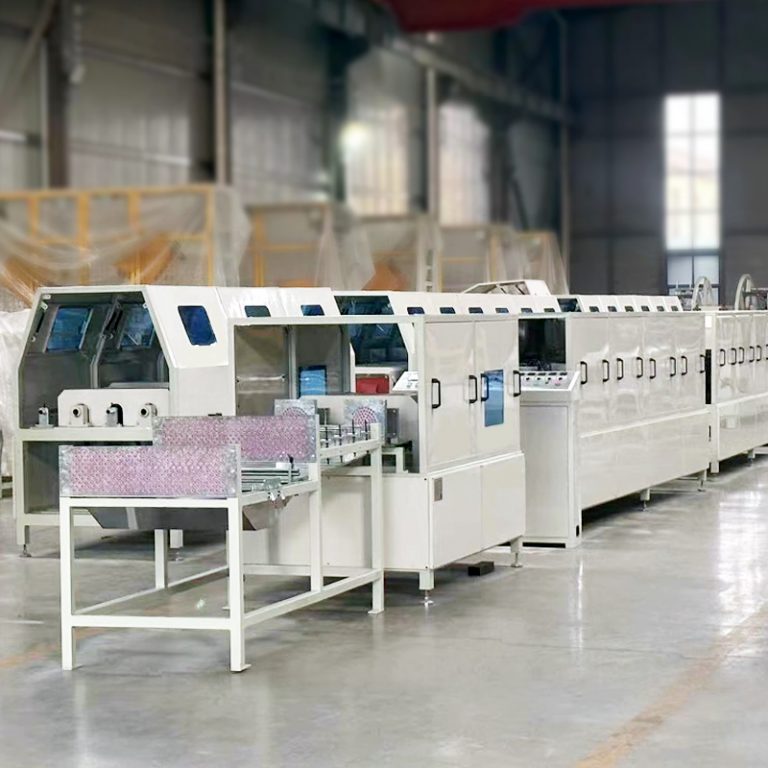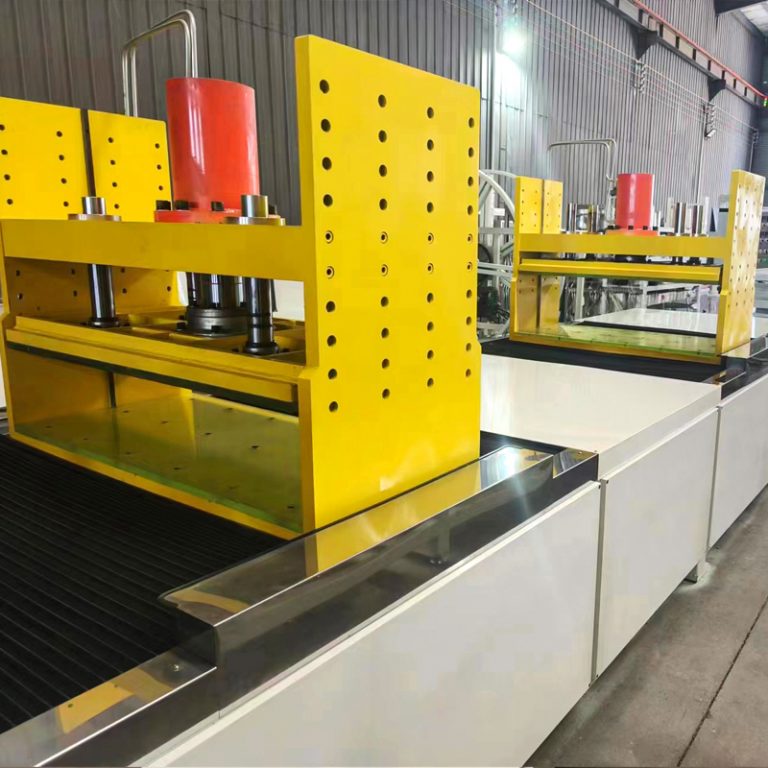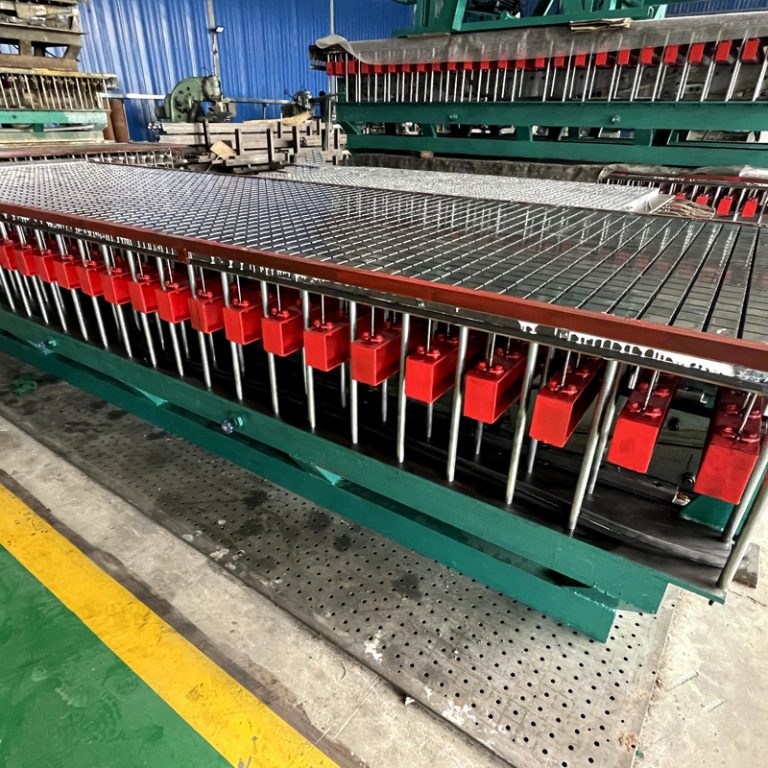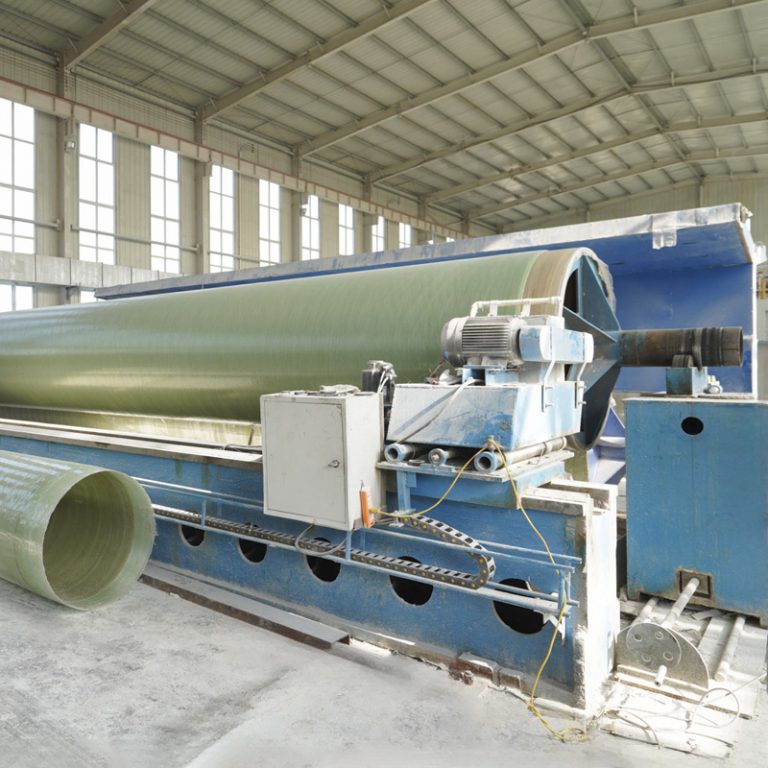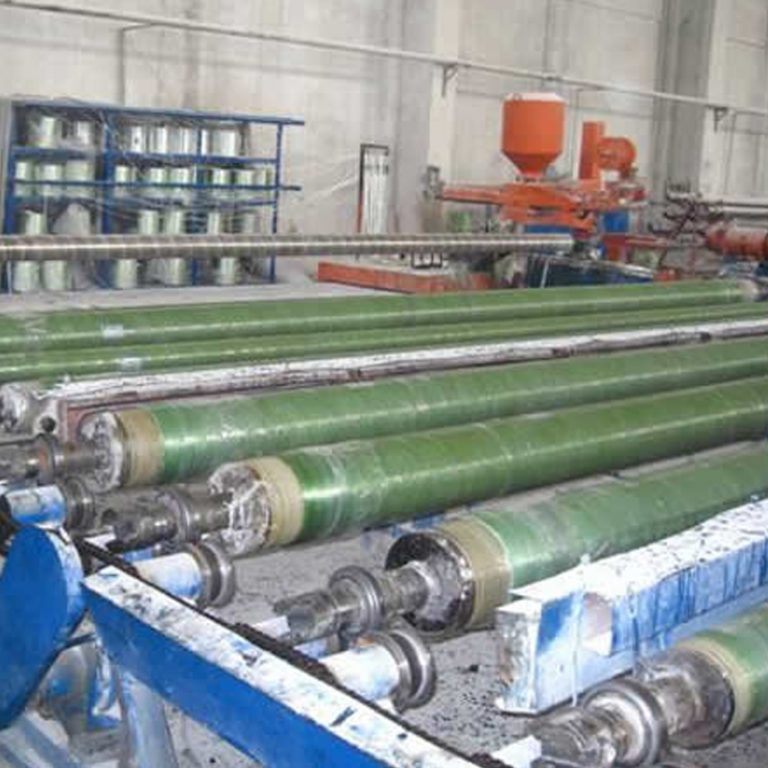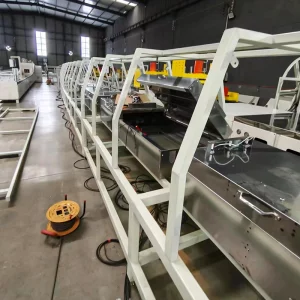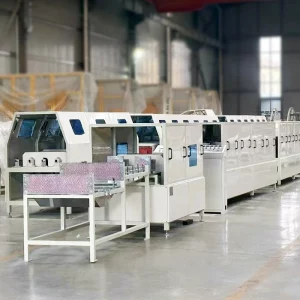The Basics of FRP/GRP Rebar Machines
Experts in this field need to understand the intricacies that come into play with FRP/GRP Rebar Machines. These are used to manufacture superior quality fiberglass reinforced plastic (FRP) or glass fiber reinforced plastic (GRP) rebars which are indispensable materials in the construction industry owing to their extreme resilience and high inbuilt stressed corrosion rupture. These machines play a crucial role in developing quality fiberglass reinforced plastic (FRP) or glass fiber reinforced plastic (GRP) rebars.
Composition and Structure
FRP rebar machine is a complete unit with integrated components to manufacture FRP rebar cost-effectively. The machine mainly includes a yarn frame, dipping tank, winding, oven, traction machine, cutting saw, and stacking device; Each piece is vital to the overall function of machine:
- Yarn Frame: This component is responsible for placing the yarn group and is designed to be easily assembled and installed.
- Dipping Tank: Constructed from stainless steel, this tank ensures that the roving is fully impregnated with resin through its internal pressure roller.
- Winding Device: Utilizing gear transmission, this device rotates around the product to wind the thread. It features a frequency conversion speed control method for adjustable speed, allowing simultaneous production of multiple GRP rebars.
- Oven: The heating process is managed by an intelligent temperature controller, ensuring precise control over the curing process.
- Automatic Tracking Cutting Saw: This feature allows for precise cutting of GRP rebars to specific lengths as required.
- Product Stacking Rack: After cutting, rebars are efficiently stacked for collection.
Core Mechanisms and Operations
The basic process of the FRP/GRP Rebar Machine is based on the automation of the different stages of production. The unit can perform processes including automatic yarn splitting, impregnation, pre-forming, winding, heating and curing, hauling, fixed-length cutting, and collection and stacking, among others. This level of automation not only enhances productivity in a significant manner but also maintains the output at a high level of quality.
Advantages of Using FRP/GRP Rebar Machines
Enhanced Durability and Strength
The important benefits of the FRP/GRP rebar machines can produce rebars that are higher in durability than conventional materials. These rebars show considerable tensile strength having corrosion resistance property thus ideal for harsh environmental applications.
Efficiency in Production
These machines have integrated automated systems which are very effective in the production process. With the capability to automate critical processes like impregnation and curing, output quality is stabilized and labor intensity is reduced. Automating critical stages like impregnation and curing will lead to better quality while requiring less manual labor by the manufacturers.
Technological Innovations in FRP/GRP Rebar Machines
Integration of Advanced Technologies
Development in technology has been one of the key drivers for the increased efficiency of FRP/GRP rebar machinery. Modern units have sophisticated control systems, like PLCs (Programmable Logic Controllers), that allow for close monitoring and adjustment of different settings during production.
Impact on Industry Standards
Such technological innovations were adopted then and now, which have raised the quality and efficiency standards of the industry to entirely new levels. So, only using modern FRP/GRP rebar machines places companies in a stronger position to serve rising demand and retain the competitive edge
Applications of FRP/GRP Rebars in Construction Projects
Versatility in Use Cases
FRP/GRP rebars can be used in different construction applications where traditional steel or composite rebars are limited. They can be used alongside projects including everything from homes to large-scale infrastructures. Due to their lightweight and high strength-to-weight ratio, they are suitable for use in structures where reduced weight is critical. They are also resistant to corrosion which makes them ideal for marine environments or high humidity areas.
Benefits to the Construction Industry
There are various benefits that the construction industry will be able to enjoy once FRP/GRP rebars are adopted. These rebars have excellent tensile strength and preventive ability against corrosion so they can be used in all environmental conditions. Such durability means longer lasting structures which implies lower maintenance costs over time. In addition, lightweight characteristics make them easy to work with and quick to install, which means quicker projects and therefore, lower costs.
Aoliande’s Role in the FRP/GRP Industry
Overview of Aoliande’s Product Line
Aoliande is a major supplier of FRP/GRP to classic constructional demands. Product range includes high-end FRP/GRP Rebar Machines that are responsible for producing top-grade rebars in line with standards. These machines are installed precisely and are fitted with the latest technologies for an efficient production process.
Aoliande believes that the continuous efforts in quality and innovation will keep it up in the front row of the market. With its dependable goods and wider support services, the company has been actively helping the growth of FRP/GRP materials in different industries. For more details regarding our products or if you would like to inquire about any of our services, kindly contact us on WhatsApp: at +86-13363884492 or Email: at belen@aldfrp.com.
Learning About Aoliande’s FRP Filament Winding Machine
The filament winding equipment is intended for the generation of high-strength Monofilament Pipe with best strength-to-weight ratio, made by Aoliande. Such equipment features units like computer-operated winding apparatus to ensure appropriate placement of the fibers and level placement of the resin. End products are extremely good in their mechanical characteristics and are suitable with ease for their applications such as pressure vessels and pipelines under extremely demanding conditions. In addition, the ease of use with which Aoliande’s filament winding solutions operate has drawn many manufacturers to purchase this manufacturing equipment.
FAQ
Q: Is FRP rebar as strong as steel rebar?
A: The tensile strength of FRP rebar is typically greater than that of steel, while the ductility is much lower. This means that it can carry heavier loads but will behave like steel under stress instead of bending. What that means is that it will hold up more but will not flex like steel under pressure.
Q: Can FRP rebar be substituted for steel rebar in the same applications?
A: Though FRP rebar is well suited to all purposes, use under high-temperature conditions is limited as the polymer material is thermosensitive.
Q: Is FRP rebar expensive compared to steel rebar?
A: FRP rebars were initially costlier than steel rebars, but with the long service life and maintenance-saving advantage of the FRP rebars, they have become cost-effective.
Q: Is the installation of FRP rebar complicated?
A: FRP rebar is lighter and more versatile, and requires different handling and installation. However, these are typically easy to adjust to and don’t affect the overall installation too much.








